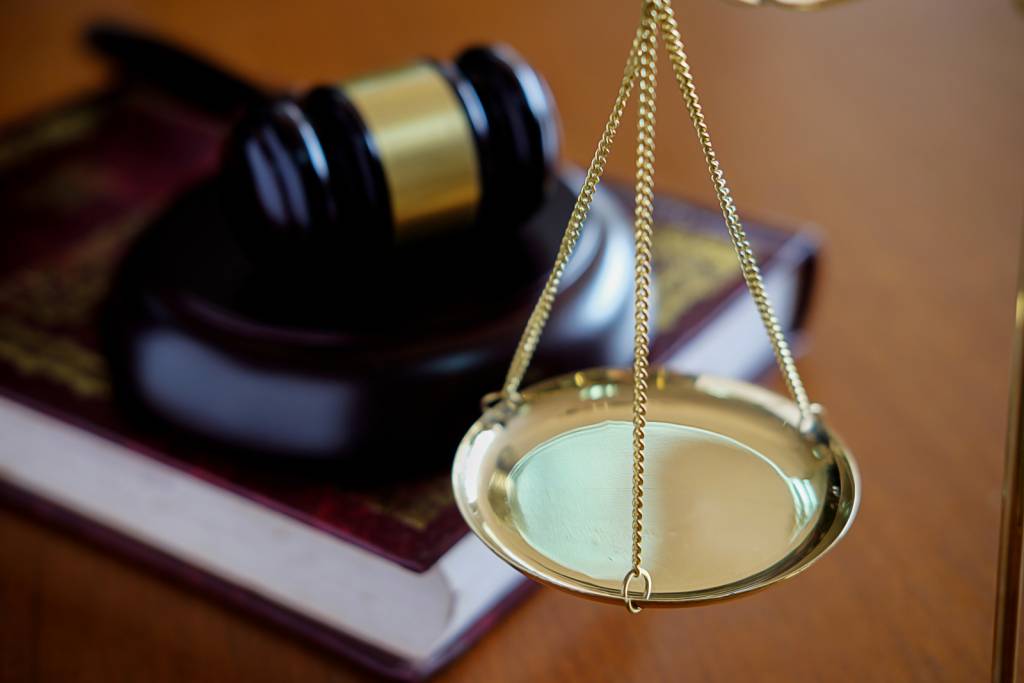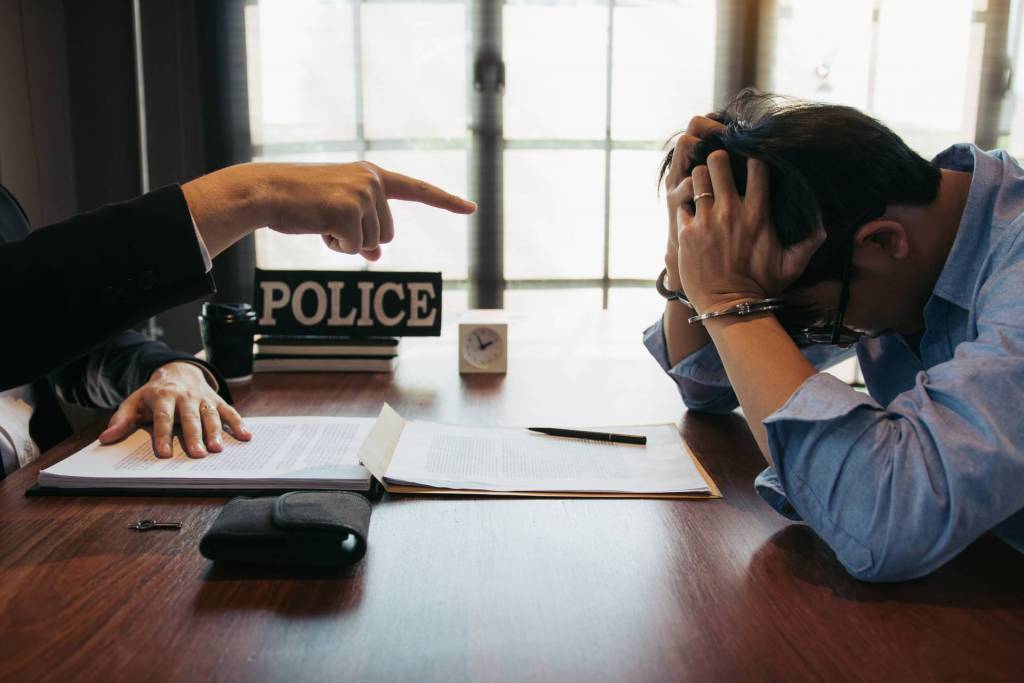What happens when someone violates probation in this state? Jail is one possibility. If you are accused of a probation violation in California, you’ll need to speak with a Los Angeles probation attorney. Keep reading to learn how probation violations are handled in this state.
When a judge orders probation for a convicted offender, the state is giving that offender the opportunity to remain at home and live in his or her community. Probation can be ordered along with or instead of prison or jail for a felony or misdemeanor conviction.
If you violate your probation in California – whether it’s misdemeanor or felony probation – you’ll have to appear for a VOP (violation of probation) hearing. You need to be advised and defended at that hearing by an attorney with substantial experience handling VOP cases.
WHAT ARE CALIFORNIA’S PROBATION CONDITIONS AND TERMS?
Probation in California always has conditions and terms. Every probation is different, but probation’s conditions and terms in this state normally include:
1. a requirement to perform community service
2. a requirement to pay restitution to the victim or victims
3. a requirement to seek and maintain gainful employment or to attend school full-time
4. for some sex crimes, a requirement to use an electronic monitoring device full-time
5. a requirement preventing the probationer from contacting his or her victim or victims
If you’re serving probation for a DUI or a drug crime, you’ll probably be ordered to abstain from alcohol and drugs, and if a probation violation involves alcohol or drugs, a judge may add a requirement for alcohol or drug treatment and counseling to the probation conditions and terms.

Violating any term or condition of probation almost certainly triggers a VOP hearing. If you are arrested and charged with another crime while you are serving probation, you will be prosecuted for the new charge, and the probation you are serving will most likely be revoked.
WHAT IS MISDEMEANOR PROBATION IN CALIFORNIA?
In California, probation allows convicted offenders to spend less time in jail or serve no jail time at all. Judges have considerable discretion to determine terms and conditions for probation. A probation term for a misdemeanor conviction is usually between one to three years, but in some cases, can be for up to five years.
Offenders serving misdemeanor probation usually do not report to probation officers, but they must appear for regular progress hearings, where a judge ascertains if they’re successfully completing probation or violating the terms and conditions.
WHAT IS FELONY PROBATION IN CALIFORNIA?
Probation for a California felony conviction is called formal or felony probation and it is typically served for at least three years and not more than five years. A felony probationer must meet with his or her probation officer on a regular basis.

Meeting with a probation officer ensures that a probationer hasn’t left the jurisdiction and allows the probation officer to review the probationer’s progress and to conduct a drug test if necessary.
Felony probation officers may enter probationers’ residences to conduct “probation searches” to verify that no unlawful drugs or weapons are in a probationer’s possession.
WHAT ARE THE MOST COMMON VIOLATIONS OF PROBATION?
The most frequent violations of probation in California include:
1. failing to meet with a probation officer
2. failing to appear in court as scheduled
3. failing to pay a fine or restitution to a victim (while having the ability to pay)
4. a new arrest or criminal charge
5. refusing or failing to submit to drug testing or a probation search
In some cases, when a violation is suspected, a police officer or parole officer may take the probationer into custody and bring the person directly to court, or a probation officer may ask the court for a bench warrant ordering the arrest of the probationer.
WHAT ARE A PROBATIONER’S RIGHTS AT A VOP HEARING?
Defendants at California VOP hearings have only some of the rights that defendants have in criminal trials, including:
1. the right to an attorney
2. the right to call and subpoena witnesses
3. the right to examine in advance any evidence that will be offered against the probationer
WHAT RIGHTS DO NOT APPLY AT VOP HEARINGS?
There are, however, important differences between a VOP hearing and a criminal proceeding. A probationer already has a conviction for his or her original crime, so some rights no longer apply. VOP hearing verdicts are decided exclusively by judges; there’s no right to a jury trial.
And unlike a trial where the prosecution must prove guilt beyond a reasonable doubt, at a VOP hearing, a guilty verdict merely requires that a preponderance of the evidence indicates guilt. This means the state only needs to prove it is “more likely than not” that a probationer is guilty.
Another right that probationers do not have at VOP hearings is the right to prevent hearsay evidence from being introduced. Hearsay may be offered as evidence at a VOP hearing if the judge believes that the hearsay evidence is plausible.

Hearsay evidence is usually not allowed at criminal trials since the parties that made the hearsay statements are not in the courtroom or available for cross-examination.
WHAT HAPPENS AFTER A VOP HEARING?
At the conclusion of a VOP hearing, if a probationer is found guilty of violating probation, the judge will consider:
1. the details of the probation violation
2. the probationer’s prior criminal record
3. the probationer’s probation record before the violation
4. the suggestions and insights of the probation officer or probation department
After considering these factors, a judge can modify or reinstate the original terms and conditions of probation or revoke probation and order the probationer to serve a prison or jail sentence.
HOW WILL A PROBATION LAWYER HELP?
Probation is a court’s expression of leniency. If you are sentenced to probation for any felony or misdemeanor conviction, do not ruin your chance to avoid jail or prison, and understand that even if you are charged with violating probation, you may not necessarily be found guilty.

The right criminal defense attorney might convince a judge that you did not violate probation, or that if you did, you should still be permitted to continue serving probation.
Yes, you’ll lose some of your rights when you serve probation, but you do not lose your right to a defense lawyer’s help. If you’re accused of violating probation in southern California, exercise your right and speak to a good Los Angeles probation lawyer at once.










